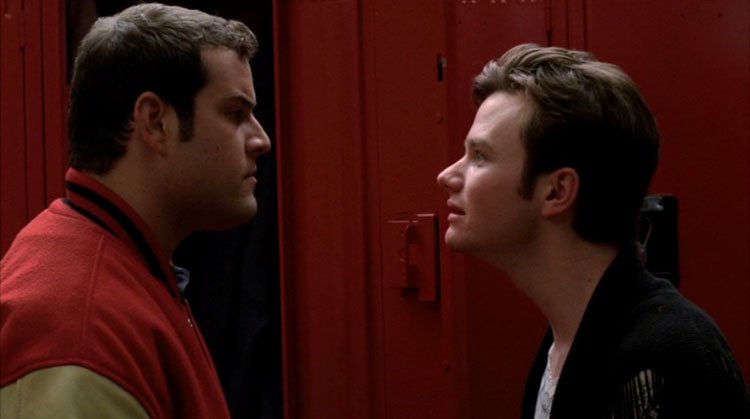How you can help stamp out LGBT bullying in schools

 David Mills (pictured), 26, is a Youth Support Worker and a Stonewall Leaders alumnus. With Stonewall’s #NOBYSTANDERS anti-bullying campaign in full swing, and new research from Stonewall showing that one in five people admit to making offensive remarks about LGBT people, Mills writes exclusively for Attitude about his own experience at the hands of bullies.
David Mills (pictured), 26, is a Youth Support Worker and a Stonewall Leaders alumnus. With Stonewall’s #NOBYSTANDERS anti-bullying campaign in full swing, and new research from Stonewall showing that one in five people admit to making offensive remarks about LGBT people, Mills writes exclusively for Attitude about his own experience at the hands of bullies.
Being bullied is tough. It’s really tough when you are in school and are always worried what’s going to happen next as well as trying to focus on your lessons and exams. Trust me, I should know – because I was bullied when I was younger.
You might be feeling anxious about people in your class and wondering when they are next going to hit you, or say something like ‘gay boy’ to make you feel really small. These things really happened to me and we all need to work together to make such abuse stop.
But enough about me: I’m writing today about why it’s important for young people not to be bystanders when they see LGBT bullying and abuse. Imagine how you would feel if you had just finished getting your head round algebra, and were just walking to English when – BAM. You see somebody shouting at another pupil, throwing their bag around. Now just imagine if it was your best friend. Then you would want to do something wouldn’t you?
There are a lot of reasons why people just walk past and ignore it. Perhaps they don’t want to get caught up in the incident and be bullied themselves; perhaps you don’t want to appear weak or perhaps they just don’t know what to say or how to handle the situation at the time.
There are some really simple things young people can do to help. Remember that it’s alright to tell a teacher. Forget all that stuff you may have heard about ‘being a grass’ because quite frankly, it’s a load of rubbish. If you don’t feel comfortable in confronting the situation, then it’s alright to go and get someone and teachers should support both the person being bullied and the person who is reporting what happened. If you feel more confident and want to intervene, words are better than actions. Simply telling the bully to stop can help, and if they see you approaching can help to diffuse the situation.
If you want to help in the wider school community, why not speak to your teachers about setting up an Anti-Bullying Charter. Your school or academy should already have an Anti-Bullying Policy, but creating another one written by the students themselves really sends a powerful message. You can have students become Anti-Bullying Buddies, a program with a proven history of working in schools. Effective Anti-Bullying Buddy programs ensure students have a safe space to go and to have pupils monitoring outside areas to make sure bullying isn’t happening.
So there are a lot of ways you can help to stamp out anti-LGBT bullying in schools – and you can start with signing up to Stonewall’s #NOBYSTANDERS pledge online.
Just don’t be one of them. Don’t be a bystander.
More stories:
British Army servicemen back Stonewall’s anti-bullying campaign
